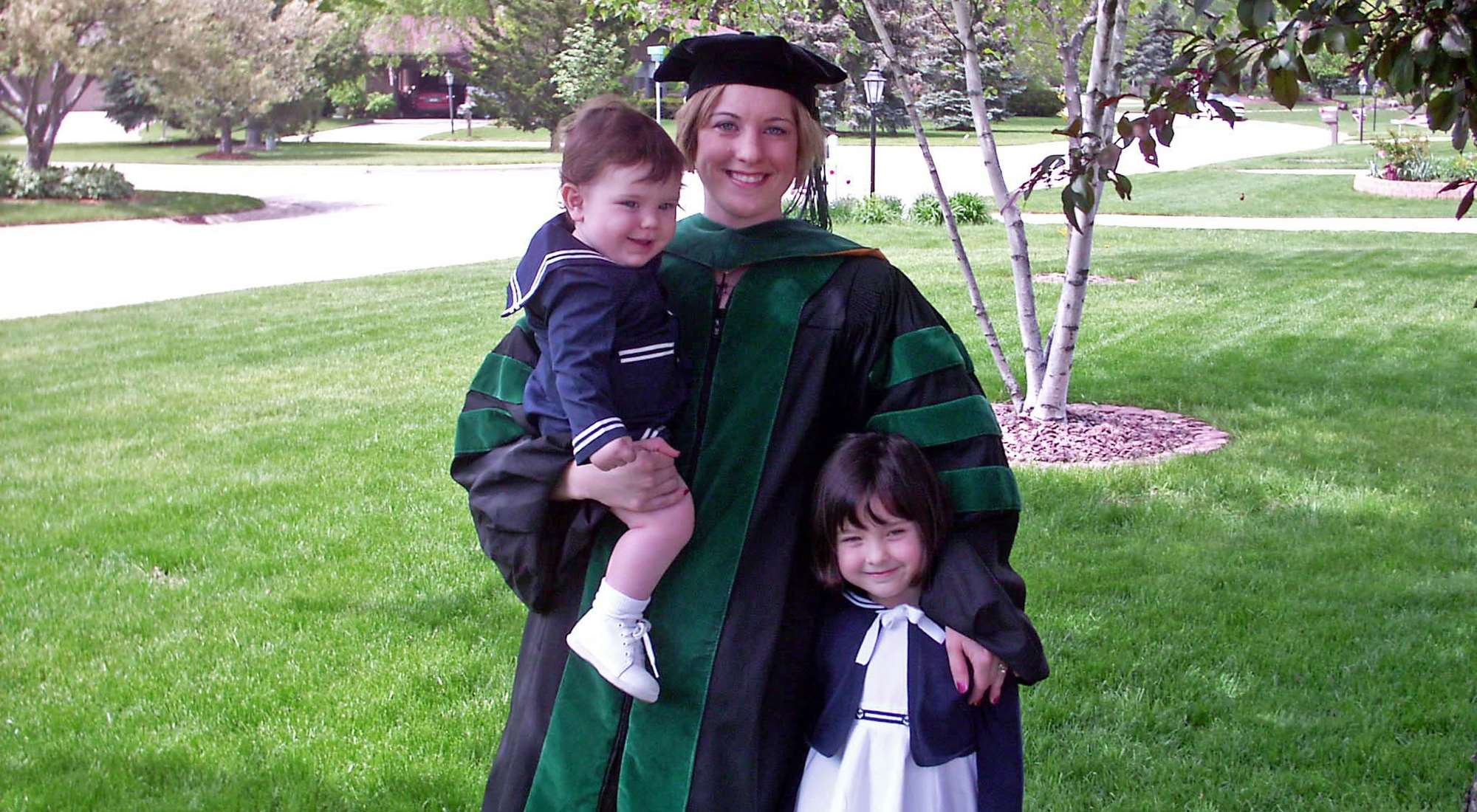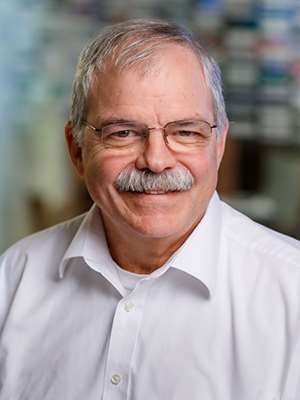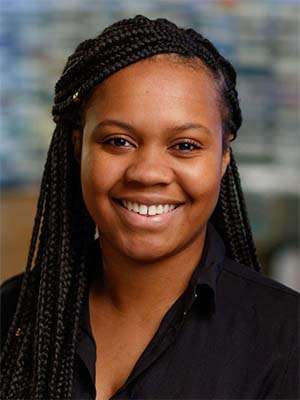Medical Scientist Training Program Celebrates Four Decades of Success

Dr. Nicole Lohr at her medical school graduation in 2006, with her children, Christian and Emily.
Nearly 40 years ago, Bettie Sue Masters, PhD, the first female department chair (biochemistry) of MCW’s predecessor institution, created the MD-PhD Program to support medical and research training culminating in receipt of both the MD and PhD degrees. The program’s first two students matriculated in 1983, and from this beginning, the program has grown to almost 60 students – about 50 percent of whom are women.
 David Warltier, MD ’82, PhD ’76, GME ’88, served as MD-PhD director from 2000-2005. Since then, the program has been led by Joseph Barbieri, PhD, (pictured right), who served as associate director from 2000-2005. Dr. Barbieri announced in May 2021 that he would step down as Medical Scientist Training Program (MSTP) director when his successor is in place.
David Warltier, MD ’82, PhD ’76, GME ’88, served as MD-PhD director from 2000-2005. Since then, the program has been led by Joseph Barbieri, PhD, (pictured right), who served as associate director from 2000-2005. Dr. Barbieri announced in May 2021 that he would step down as Medical Scientist Training Program (MSTP) director when his successor is in place.
Under the directorship of Sidney Grossberg, MD, the application process to the NIH began for an MSTP-T32 training grant to support the development of a diverse pool of highly trained physician-scientist leaders to meet the nation's biomedical research needs. The inaugural MSTP grant was awarded to MCW in 2010 with renewals in 2015 and 2020.
In MCW’s MSTP, students complete the first two years of medical school, then earn the PhD degree during approximately four years of research – followed by two years of clinical training to complete the MD degree. Most students apply for the MSTP before entering medical school.
“We look for students who have strong quantitative skills and significant research experience so they know research will be a component of their long-term studies,” says Dr. Barbieri. “The success of our MSTP alumni in attaining NIH funding for their research programs also has strengthened MCW’s MSTP renewals.”
About 10 percent of MCW’s MSTP graduates have returned to the institution as faculty. Nicole Lohr, MD ’06, GME ’09, FEL ’12, PhD ’06, associate professor of medicine (cardiology), was pleased to join the MCW faculty following more than a decade of clinical and research training at the institution. “The MSTP is where MCW’s strengths unite to form excellent physician scientists. I am proud to call myself an MSTP alumna because I was molded by the perfect combination of curious scientists and dedicated clinicians. Most importantly, I attribute my success to the program’s innovative leaders, like Dr. Barbieri, who channel their creativity to help each student chart their path to successful careers. And their support of women physician-scientists reflects MCW’s commitment to diversity and inclusion,” she remarks.
During Dr. Barbieri’s tenure as director – in addition to the receipt of three NIH MSTP-T32 training grants – the program has organized workshops for MSTP trainees to enhance their professional development, including writing and communication skills, and establishing formal activities to facilitate transition of trainees from graduate school to medical school clerkships. Dr. Barbieri notes that since its inception, MCW’s MSTP has continued to rise in rank among the 50 programs nationwide.
 Current MSTP student Carlie Aurubin, PhD ’21, (pictured left), is in her third year of medical school. Her research interests include virology, immunology and cardiovascular biology, and she is a member of the lab of Vera Tarakanova, PhD, associate professor of microbiology & immunology. “I decided to pursue a career as a physician-scientist because it allowed me to merge my two passions of scientific discovery and compassionate patient care. The MSTP has provided remarkable resources and opportunities that have fostered my growth as a scientist and a clinician,” Dr. Aurubin says.
Current MSTP student Carlie Aurubin, PhD ’21, (pictured left), is in her third year of medical school. Her research interests include virology, immunology and cardiovascular biology, and she is a member of the lab of Vera Tarakanova, PhD, associate professor of microbiology & immunology. “I decided to pursue a career as a physician-scientist because it allowed me to merge my two passions of scientific discovery and compassionate patient care. The MSTP has provided remarkable resources and opportunities that have fostered my growth as a scientist and a clinician,” Dr. Aurubin says.
As Dr. Barbieri prepares to step down as MSTP director, he says he is most proud of the students, faculty and administrators with whom he has worked over the years. “I am especially proud of how our students have identified attributes they excel in and utilize these in their research and clinical careers,” he says. “Our students are interested in curing as well as healing. They talk about medicine with the opportunity to cure a disease as well as to be able to heal a patient population.”
– Sara L. Wilkins



